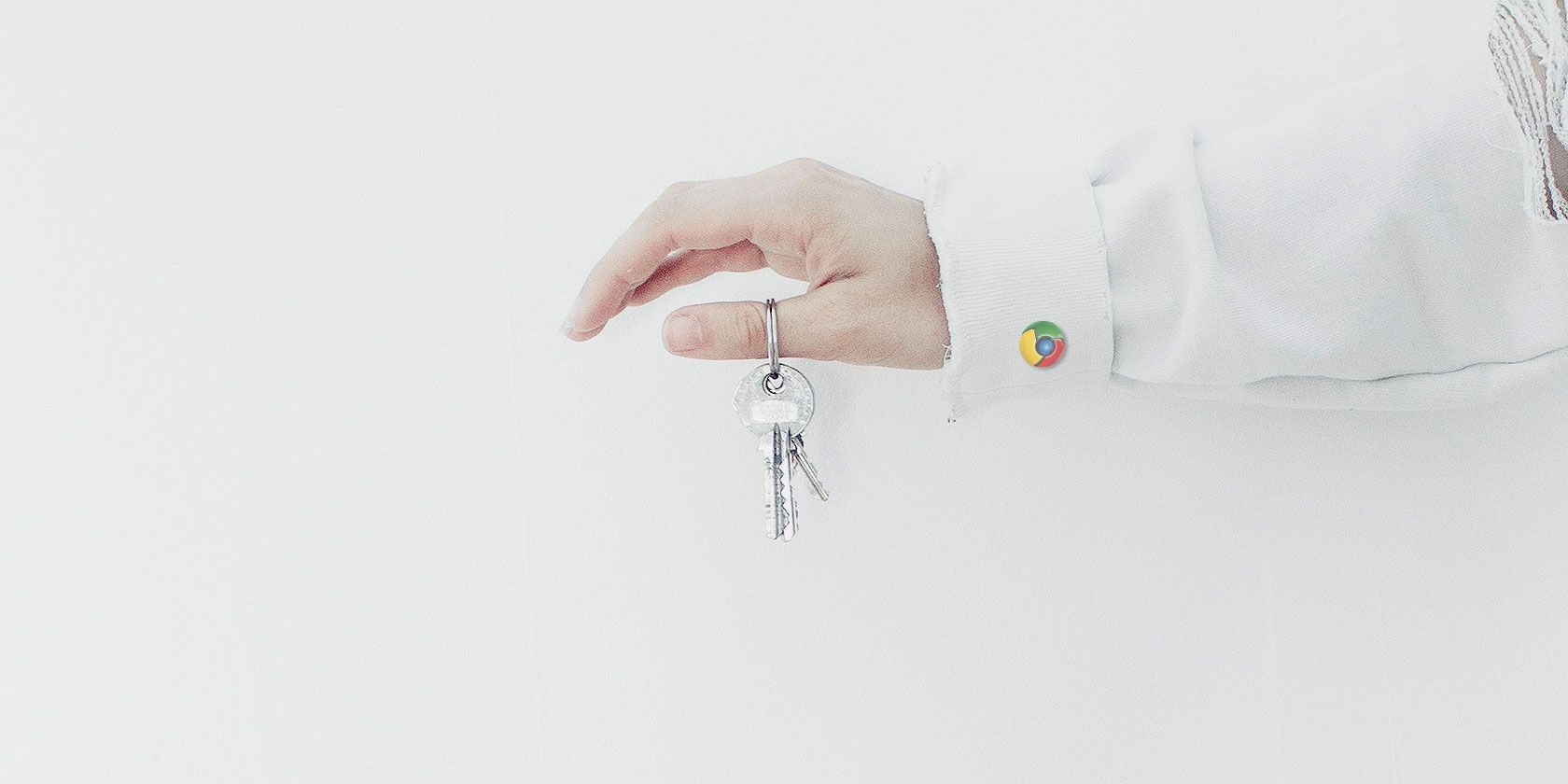
A password manager is the perfect way to create secure, unique passwords that can be controlled centrally. Google Chrome has one built-in, potentially saving you the need for third-party software.
The Google password manager has loads of benefits, like speeding up registration and keeping every account password unique. But there are some drawbacks, like being tied into Google’s ecosystem, that you should consider.
Here’s what you should know about the Google Chrome password manager.
7 Reasons to Use Google Password Manager
You may already be using the Google password manager tool, or you might be using a different password management tool. Either way, you’ve got seven good reasons to use the Google password manager:
- It automatically detects registration forms and fills in the password
- All the passwords generated are unique
- The passwords will be strong and adhere to a site’s character requirements
- The passwords will automatically be saved to your account
- Your account can be accessed through the Chrome browser or online
- Your passwords are safe and encrypted
- You are linked into Google’s ecosystem
Let’s unpack these and consider them in more detail.
1. It Detects Registration Forms
Registration to every single online service is one of the banes of the internet. Chrome’s autofill feature has long helped speed that up. The password manager takes it one step further by automatically detecting that you’re signing up for something and offering a password.
No need to load into a separate password manager or rack your brain inventing some indecipherable code. Chrome has one ready for you as soon as you click into a password field.
2. All Generated Passwords Are Unique

You should never use the same password multiple times. This is because if someone gets hold of it, they’ll be able to access more than one of your accounts. You should minimize your risk by having a unique, secure password for every different thing you register for.
The Chrome password manager takes care of this for you. Every password that it generates is unique. It will never give you the same password for two different accounts.
3. It Will Adhere to Password Guidelines
A newly generated password will usually follow this format:
- at least one lowercase character
- one or more uppercase characters
- at least one number
These are all standard signs of a strong password.
The password generator will also detect if the site you are registering for requires symbols, and will include them if necessary. It’ll also avoid some characters like a lowercase “l” or uppercase “I” for readability issues.
4. Automatically Save Your Passwords

Of course, one of the main points of a password manager is that it stores all the passwords for you. How else will you remember those scrambled characters? This is much more secure than writing them down, which is an entirely dangerous practice that too many people do.
When you choose to use Chrome’s generated password, your username and password will automatically be stored within your Google account. If you opt to type your own password, the browser will specifically ask whether you want to save it.
5. You Can Centrally View All Your Account Information

There are two methods for seeing all the accounts and their associated passwords that you have saved.
If using Chrome, go to Account > Passwords. Everything you need is listed beneath Saved Passwords. Click the three vertical dots next to an entry to either view Details or Remove it. Click the eye icon to reveal a password—though you will need to be verified, via your computer password or using Google’s two-factor authentication.
Alternatively, go to passwords.google.com in a browser. Sign in to your Google account to see a list of all the sites stored. Click one to see further information about it. From there, click the eye icon to reveal a password or Delete to remove the entry.
6. Your Passwords Are Protected… To an Extent
Chrome will encrypt all of your passwords, as you would expect. In that sense, your passwords are secure. But nothing is ever truly secure!
Firstly, your password could leak if the website you’re using has been compromised. You should semi-regularly check if your online account has been hacked—it’s happened to big companies like Adobe and LinkedIn, and it’ll happen again. In these cases, it doesn’t matter how secure the password Chrome generated for you was.
Secondly, the Chrome password manager is only as secure as you keep Chrome. You’ll need a master password in order to access your data, so you should keep this protected. Also, avoid saving your password in an alternative browser. If you do, someone could access your machine, launch that browser, get your Chrome master password, and find all your other passwords.
7. You Are Tied Into Google’s Ecosystem

This is perhaps a given, but it’s worth highlighting. By using the Chrome password manager, you are tying yourself into Google’s ecosystem.
If Chrome is the only browser you use, that might not be a problem. But if you switch between them, you will likely find it frustrating to keep logging in to Google’s password service to store a new account or retrieve an existing password.
If you have been using the Chrome password manager and want to export your information into another service, have no fear. In Chrome, go to Account > Passwords, click the three vertical dots next to Saved Passwords and click Export passwords. This will download a spreadsheet containing everything you need.
Google Password Manager Alternatives
The Chrome password manager is but one of the many password managers available. It’s still relatively new and not as feature-rich as other utilities which can do things like automatically change your passwords.
To see what else is available, be sure to read our comparison of some of the best security-focused password managers.
Read the full article: Google Password Manager: 7 Things You Must Know
from MakeUseOf https://ift.tt/2YfuWzt

No comments:
Post a Comment